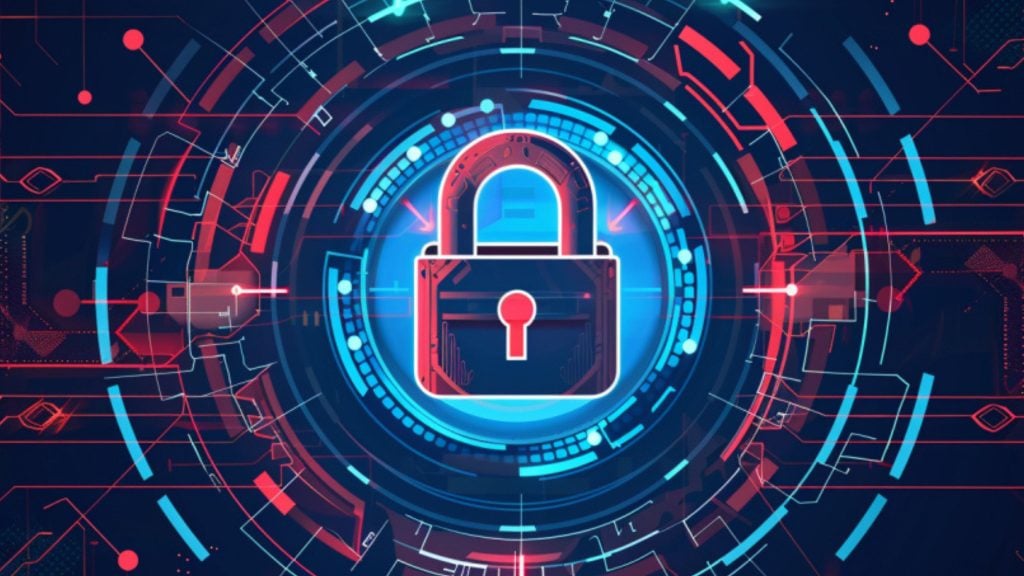In an attempt to control the amount of information published on the internet, the Chinese government has threatened to imprison those who publish information from non-state sources.
Control measures by the Chinese government
Coronavirus has been a great challenge for the Chinese government.
However, part of the problem for them is not just the epidemic that has already affected all the provinces of China, but the amount of information that is being published online by citizens.
Due to the alleged inefficiency of the government in trying to control the Coronavirus, the country’s social networks have been flooded with strong criticism.
The most recent case comes from a state-run media, “Sanlian Life Week”, who analyzed the possible economic consequences it would have for China if the World Health Organization declared the Coronavirus a global emergency.
Click here to display content from X.
Learn more in X’s privacy policy.
Interestingly, although the government managed to eliminate the article, yesterday the WHO declared the public health emergency.
At the same time, the organization congratulated China’s efforts to control the virus.
However, Mainland China has also mobilized immense staff to repress those who criticize the effectiveness of government measures.
Recently, it was known that part of the plan of action against the Coronavirus would be to eliminate the false information published on social networks, and now there is a punishment for those who do not comply with this guideline.
Desperate measures for a desperate situation
Although some people had previously been arrested for publishing “rumors,” these arrests were for a short time.
However, from this week on, the detentions will be stricter, since any person who “disrupts the social order” by sharing non-state media publications can be sentenced from three to seven years in jail.
The information published by state-run media, however, is very limited, focusing solely on government achievements.
This new censorship attack could increase the population’s discontent, making the amount of social chatter greater, as Yaqiu Wang of the Human Rights Watch explains.
“Eliminating criticism only increases public distrust,” said the researcher, who thinks it is better to let people continue to report freely about the pandemic so that the government has a better understanding of the situation.










